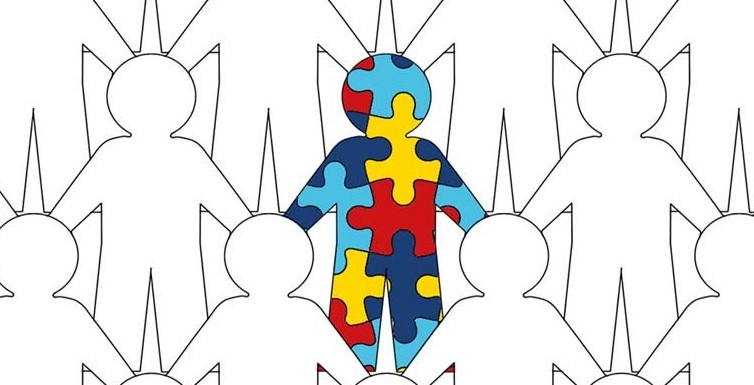
YOU may have read the recent article in the British Journal of Psychiatry, about the strengths that autistic psychiatrists bring to the workforce and how they want them recognised.
Autism is a topic that comes up frequently during discussions with our network as an issue that is close to members’ hearts and which affects their working lives.
"Autistic psychiatrists bring strengths and values to the workforce and ask to be acknowledged and supported as part of the Royal College of Psychiatrists’ CIRCLE values and Equality Action Plan. Courage and collaboration are
required to jointly learn and innovate, promoting well-being, resilience and excellence for autistic doctors” - The British Journal of Psychiatry, Volume 221 , Issue 1 , July 2022 , pp. 371-373. DOI:
It is so interesting to hear from colleagues about their lived experience of being diagnosed with a neuro-divergent condition. This made me wonder about new professionals just entering the workplace who may suspect they have a neuro-divergent condition
such as autism.
A young LIS worker in my library explained to me how many of his friends are heading to various onsite sites to do tests to see if they have neuro-divergent traits. As talking about living with conditions such as autism becomes more acceptable, people
are curious about whether the way they think, learn and process the world can be categorised under a neuro-divergent umbrella.
Support
Knowing this at the start of your career could help individuals navigate the workplace. Indeed, being informed about support you can access for any condition which an LIS worker finds disabling or is concerned could affect their working life can only
be a good thing.
Some key points to consider
Autism - For adults, a diagnosis can help you to understand why you might find some things harder than other people and explain to others why you see and feel the world in a different way get support at college, university or work get
some financial benefits
It’s not always easy to get an autism assessment. Waiting times can also be very long.
It may also help to speak to other people who have been in a similar situation.
The NHS website has lots of information about charities and other support e.g. from your local council. Find out more here.
Access to work
If you have a disability, illness or health condition that means you need support to do your job then you can investigate support available via the Government’s Access To Work scheme.
Business Disability Forum
The Business Disability Forum has free resources that cover a range conditions. Your organisation may even be a member and have access to a full suite of resources.
Call to Action
We are compiling a list of autism-friendly libraries in England. If work in an autism friendly library, or use an autism friendly library we want to hear from you at info.disability@cilip.org.uk
Perhaps you know of a library that has designed services with accessibility for workers as well as end users as a key driver. We also want to hear about your lived experiences as a disabled person, manager of a disabled person or as an ally. Don’t forget
to add to our reading list and send us links to key information resources you may use.




